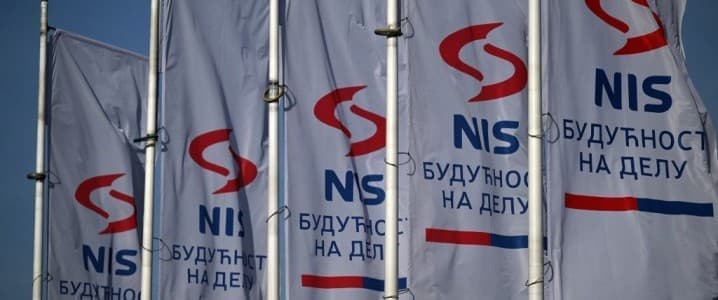The Serbian government is preparing an amendment to the country’s budget law that will allow it to nationalize the Naftna Industrija Srbije (NIS) refinery, majority owned by Russia’s Gazprom Neft and Gazprom, if no third party offers quickly emerge. Last week, NIS submitted a request to the U.S. Department of Treasury’s Office of Foreign Assets Control (OFAC) to continue operations until negotiations for an ownership change conclude.
“One of the amendments that will be submitted will be the one that will foresee the circumstance that at some point we will take over NIS,’’ said Ana Brnabic, a close confidante of Serbian President Aleksandar Vucic.
Located in the city of Pancevo, near Belgrade, NIS is the only oil refinery in Serbia. The refinery has the capacity to process 4.8 million tons of crude per year. In the first half of 2025, the refinery processed approximately 1.677 million tons, a 20% increase compared to the same period in 2024, when a major maintenance turnaround was carried out.
The U.S. has waived sanctions against NIS several times since the Trump administration included the company in its long list of sanctioned companies. However, the situation has now become tenuous after banks stopped processing NIS payments after the last U.S. waiver expired on October 8, while Croatia’s JANAF pipeline stopped delivering crude to the refinery.
Last month, Serbian Energy Minister Dubravka Djedovic Handanovic warned that NIS would not be able to operate beyond November 25 without fresh crude supplies. Thankfully, Hungary has come to the rescue, with Hungary pledging to deliver more oil products to Serbia. According to Hungary’s energy minister Peter Szijjarto, Hungary’s energy giant MOL will further ramp up deliveries to Serbia, having doubled exports since November.
“Serbia can always count on Hungary to secure its energy needs. We will never leave you on your own,” Szijjarto said after meeting his Serbian counterpart.
Oil products from Hungary to Serbia are transported by road, rail and ship. However, MOL has stated it cannot cover all of Serbia’s total market needs by itself.
By Alex Kimani for Oilprice.com
More Top Reads From Oilprice.com

